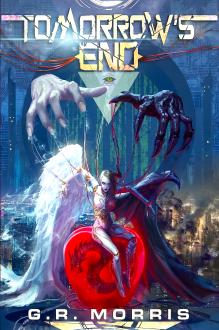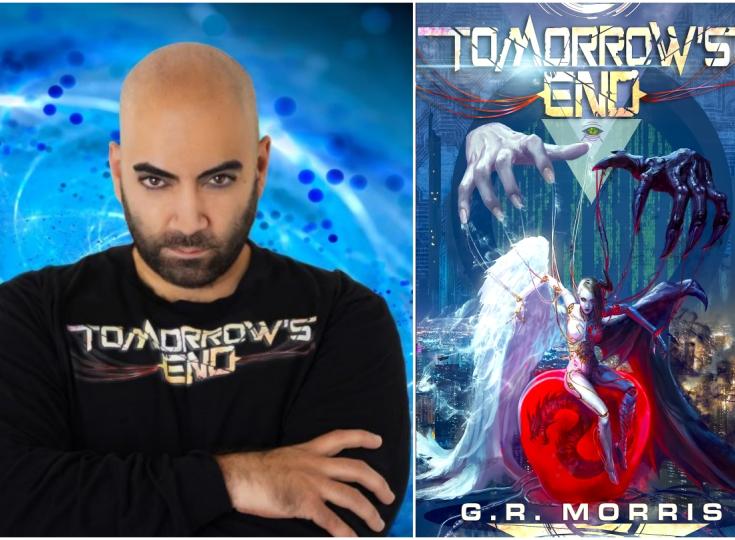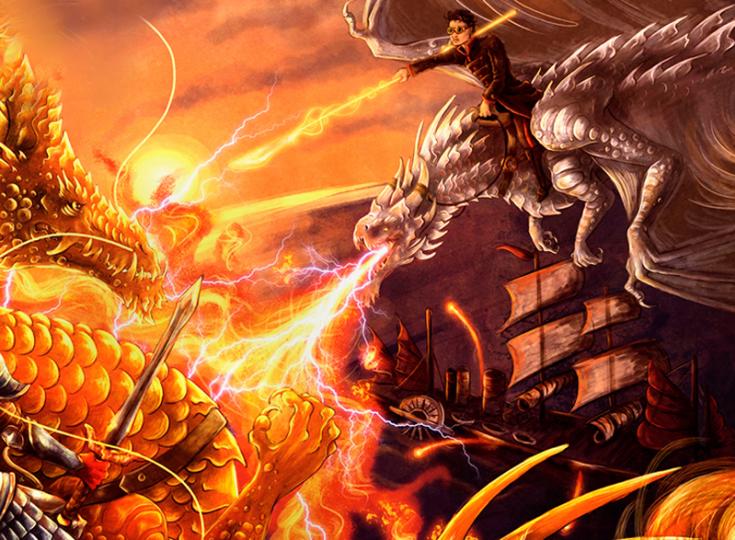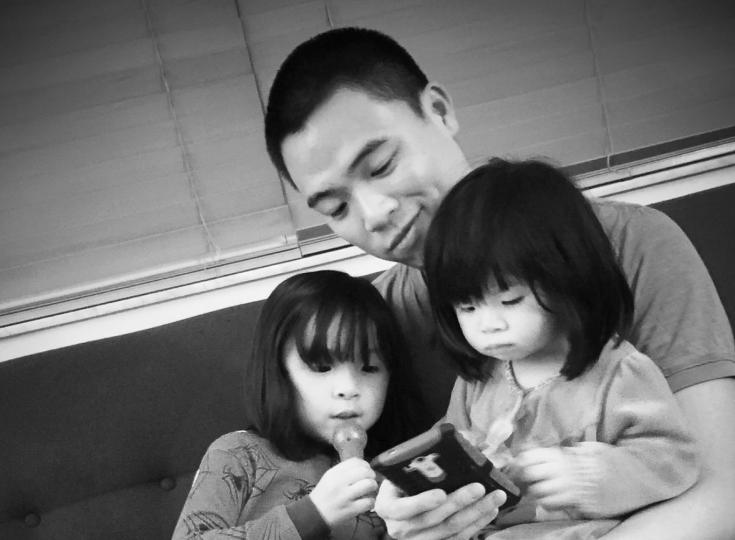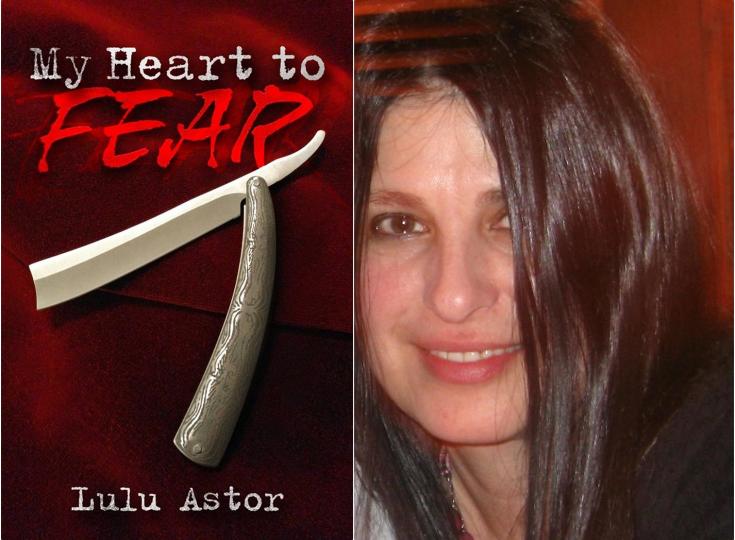Geoffrey Morris is a 10-time award-winning author. He has garnered much acclaim for his debut novel, Tomorrow's End. He not only won a prestigious Dragonfly book award but a Feathered quill and received multiple 5-star reviews from many websites. He was a philosopher and a graduate of seminary studies before taking writing courses in college. As our Author of the Day, he tells us all about his book, Tomorrow's End.
Please give us a short introduction to what Tomorrow's End is about.
The teenage savior of the universe gets possessed, and aliens controlling humanity want him dead.
Kevin must expel the demon and save humanity before an alien invasion brings demons from hell to kill him.
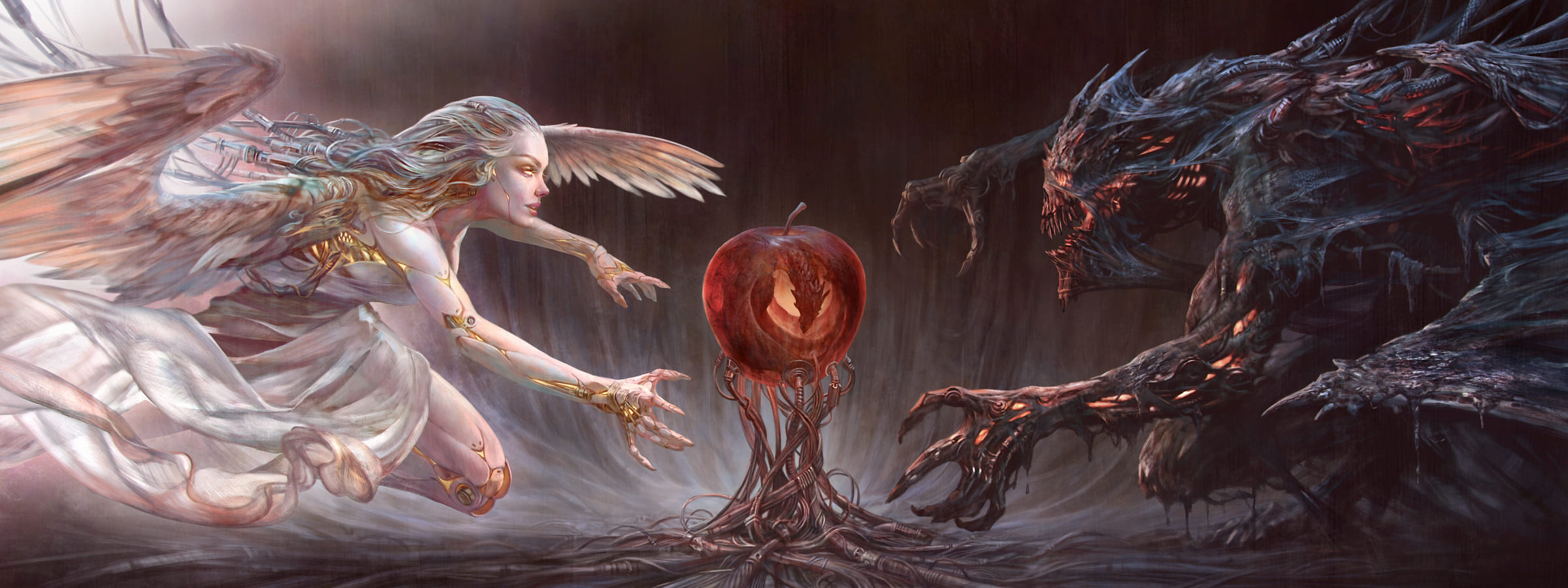
What inspired you to write this story? Was there anything in particular that made you want to tackle this?
It was a combination of philosophical inquiry, study, and religious upbringing.
I suppose it was also because it was a story I had in my head since I was in high school.
In which way is this a coming-of-age story?
Kevin the protagonist grows from childhood to adulthood, but he has to internalize becoming the man he was meant to become instead of a rebellious teen.
This book is very philosophical. Why was it important for you to write it this way?
There are deep narrative ideas that can only be articulated plausibly through philosophical and religious ideas. This is not to say that I'm "replacing" religious ideas or that the ones I write about are the "correct" ones. This series is meant as a sort of "alternate history" of religious notions, a sort of 'what if. ' It is also meant to be thought-provoking to consider some of the ideas as 'perhaps' true. These books are not theological, they are philosophical. Theology assumes the truth of divine revelation, whereas philosophy doesn't.
Plus, the matrix movies are my favorite films of all time.
Why a possessed Messiah?
It has to do with Kevin's "Inner demons" and a metaphor for Jung's "shadow" where he stated the shadow to be the unknown dark side of the personality.
This is book 1 of a series. Can it be read as a standalone? How do the other books in the series tie in with this one?
You could read it as a standalone in a sense I suppose. There is a sort of "resolution" at the end, but it's clearly intended to prepare you for the rest of the series. The first book is the introduction to the series.
Did you plot out the entire story before you started writing, or did some of it just "happen" along the way?
A little of both. I wrote the entire 800-page story when I was a teenager. Considering the depth of the ideas I decided to break it up into individual stories. I added ideas that "just happened" to the first book in order to flesh it out.
Readers say the book is dark and gritty at times. Why did you take this approach?
The story I'm telling requires showing both the good of the "light" side of righteousness and the bad of "unrighteousness". It was needed to show if Kevin was "the good" he would have to fight against "Evil". Evil that is something like "hell itself" is what I was going for.

What are you working on right now?
I'm plotting out "wildfire" It's one of the characters I mention in the beginning of the book. It's her backstory.
Where can our readers discover more of your work or interact with you?
You can find my website at GRMORRISBOOKS.COM
